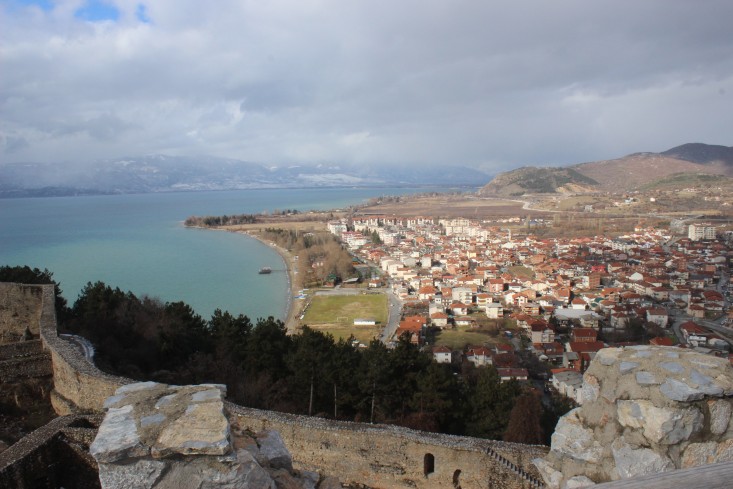The history of Macedonia stretches back to ancient times, famous for the military exploits of Phillip II of Macedon and his world conquering son Alexander the Great. The modern day country arose from the collapse of the former Yugoslavia in 1991, with a population of only two million people including a significant Albanian minority. Officially recognised as the Former Yugoslav Republic of Macedonia due to Greek concerns over the use of the word Macedonia in Northern Greece, the Republic of Macedonia is striving to become part of NATO and join the EU. The Albanian minority has been granted a degree of autonomy after an uprising in the 1990’s, with the country focussed on forging it’s identity as an independent nation post Yugoslavia. Featuring beautiful scenery, rich in tradition and culture; the Republic of Macedonia is waiting to welcome visitors with traditional Balkan hospitality.
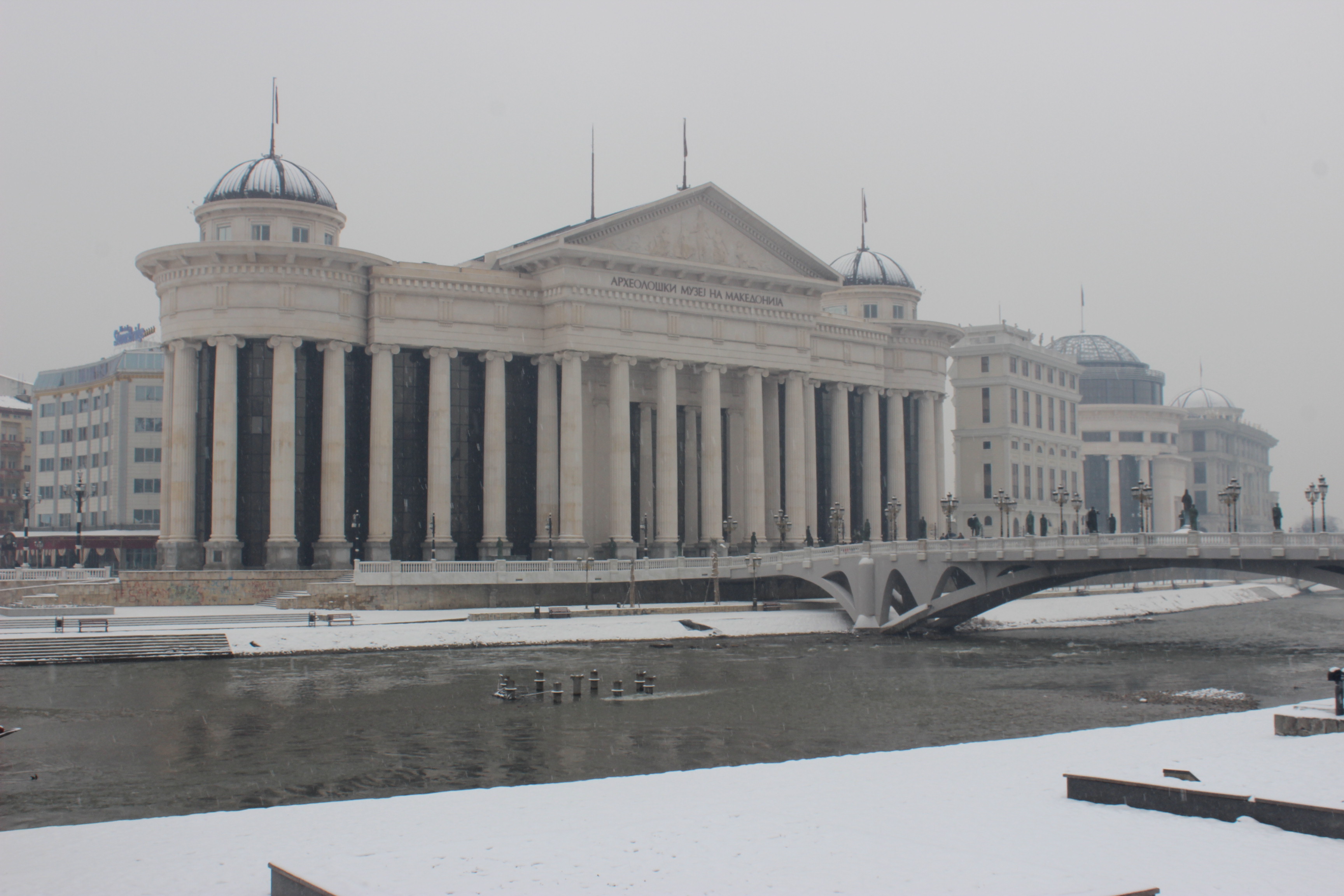
The journal left off in Albania, at the end of an enjoyable visit to the country. I caught a bus across the border to Struga, from there catching a taxi to Rino Camping on the banks of the beautiful Lake Ohrid. It was great to spend a night with the relatives of the young singer from The Voice I met in Tirana, and they welcomed me with gracious hospitality. It was quiet at the camp in the middle of winter, but with a restaurant and patio right on the water the place is heaving with backpackers during the warmer months. One of the staff offered to drive me back in to town, from there friendly locals explained how the share taxis operate, with the driver depositing me in the historic town of Ohrid in next to no time. Once again he got out of the taxi, rang the bell, and talked to the hostel staff to make sure everything was in order for my stay. The incredible hospitality in the Balkans is starting to become part of my daily life during the course of this trip. I checked in to a lovely new hostel with a warm welcome from the staff, then headed out to explore after offloading my bags.
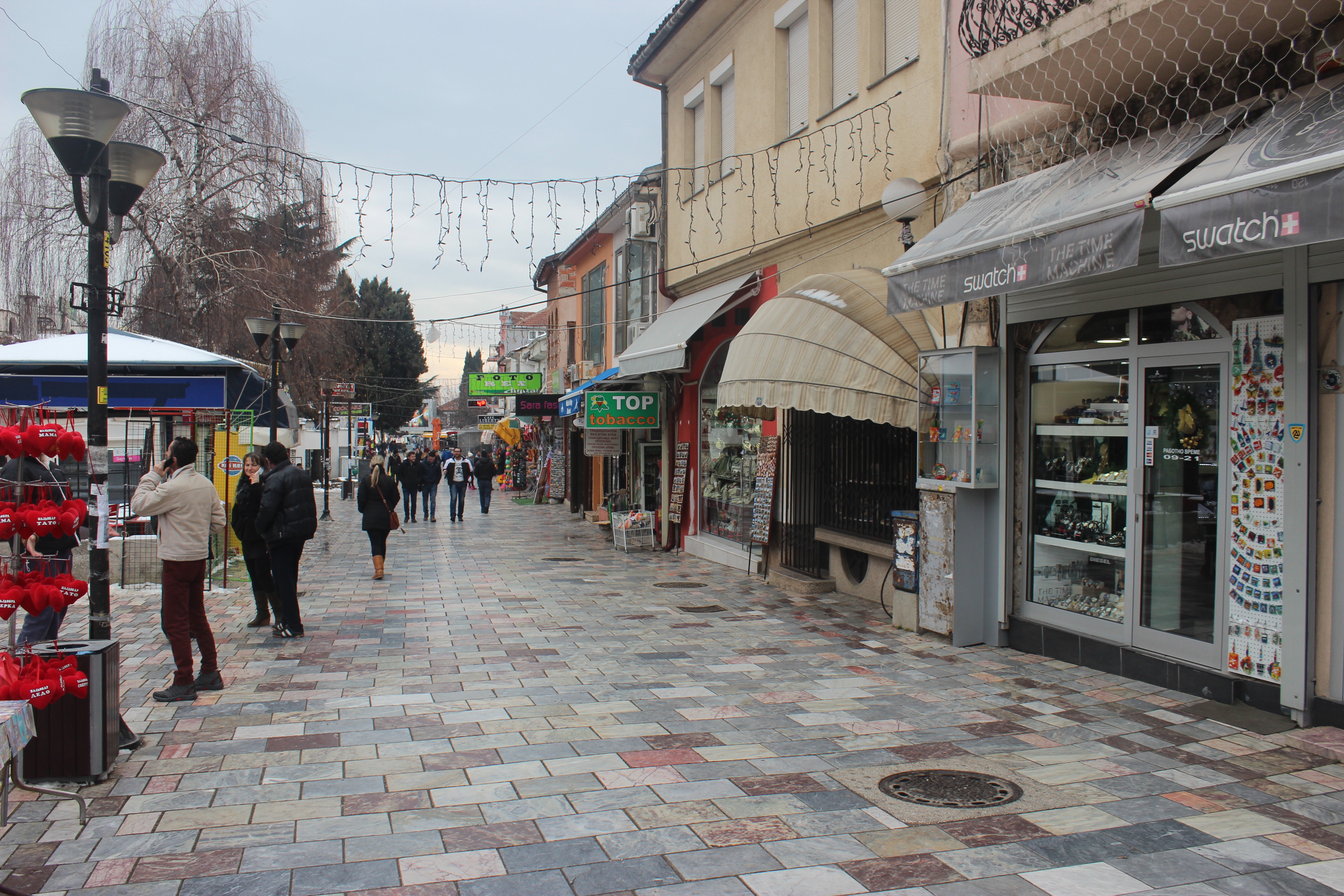
Ohrid is known as the Pearl of the Balkans, and is a UNESCO protected city. The scenic city is set on the beautiful lake and easy to navigate your way around. Ohrid is full of bars and restaurants catering to tourists who descend on the city in droves during the warmer months. I had an enjoyable first day, including a traditional pork and potatoes dish served up in the restaurant at City Centre hostel. The meal was delicious and definitely worth ordering next time you visit the country. On the second day I headed up to Samuel’s fortress, as well as taking in the atmosphere at the ancient theatre. The Old Town features lovely buildings and cobblestone streets, with spectacular views of the lake and the city from the rampart walls of the fortress. It’s just a dollar entry for tourists to explore the fortress, leaving a memorable impression on visitors because of the spectacular panoramic views on offer.
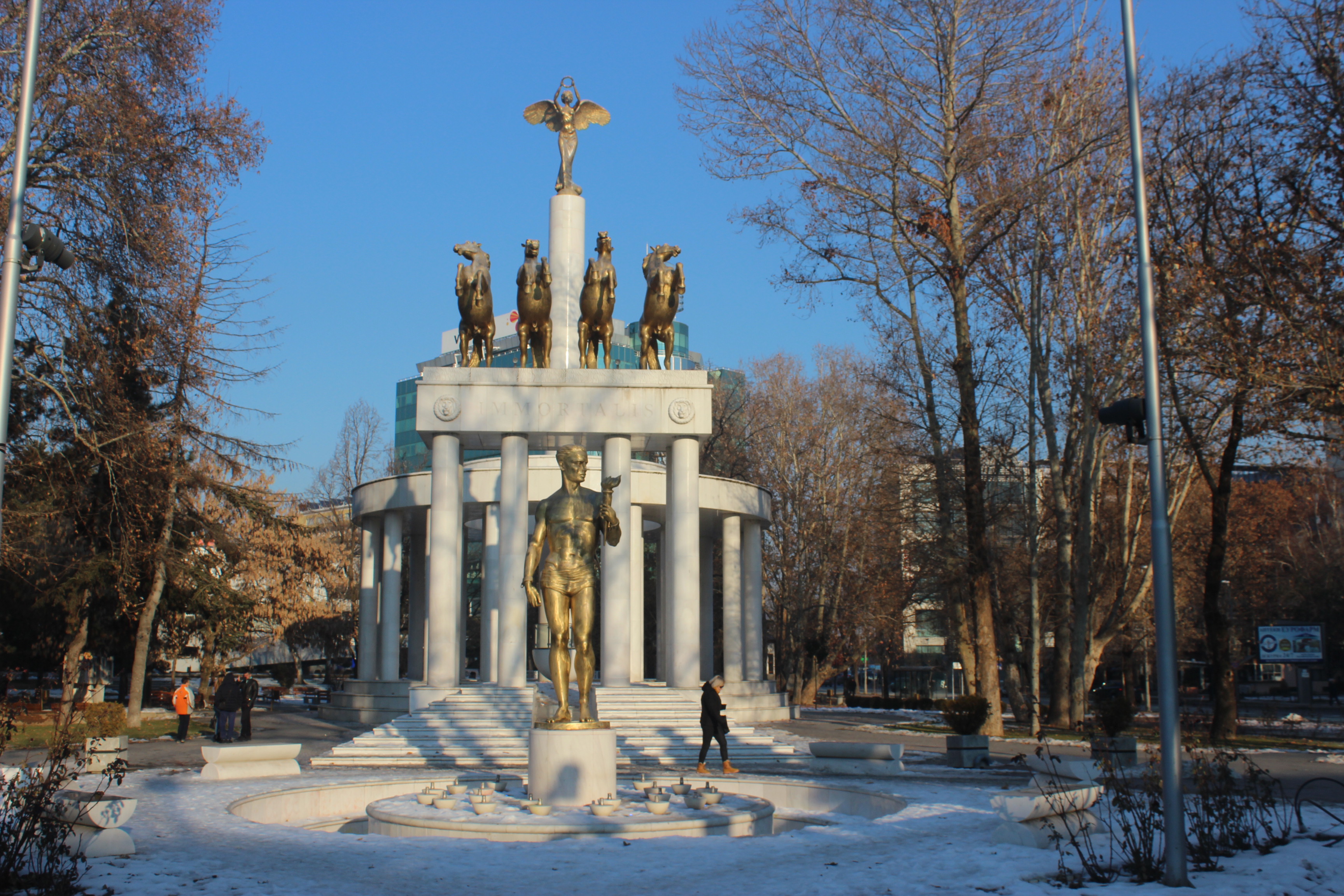
However it was soon time to move on, hence I boarded a modern bus for the journey north to Skopje. The capital is 177 kilometres from Ohrid with the weather unusually cold this winter. I walked from the bus station to the cosy Get Inn hostel near the city centre, soon to be ensconced in another fresh and rewarding hostel experience. The hostel staff are brilliant, and there are a group of spanish speakers staying at the hostel. On the first afternoon I strolled down to the river, crossed the Stone Bridge, and enjoyed the main attractions the city has to offer. It was snowing during the first day in Skopje, but as the temperature hovered around 0 degrees celsius it wasn’t that uncomfortable. Unfortunately there’s a massive amount of construction underway in the tourist centre, making the centre look unsightly at the moment. I’m informed the project commenced in 2010 and was expected to be completed by 2014; hopefully the centre will be pretty as a picture once the beautification work is complete.
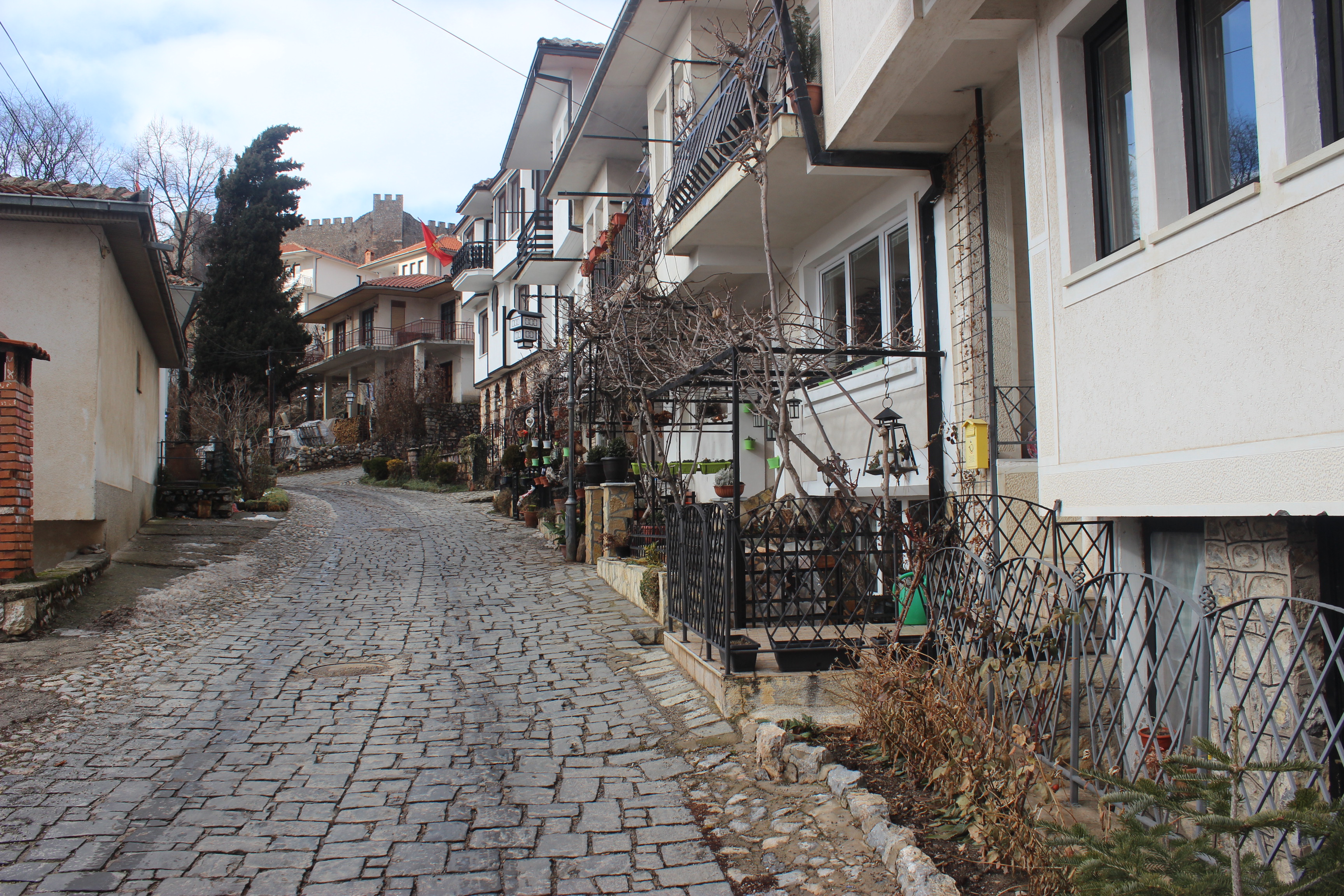
Skopje features a picturesque Old Bazaar, where tourists and locals stroll along the cobblestone streets to choose from several cafes or restaurants for a relaxing time. The monuments and buildings lining the river are impressive, providing a sense of history and culture the locals are proud to display. The Stone Bridge over the Vardar river is the symbol of the city and rich in history. Skopje has a population of over 500,000, which is a quarter of the population of the entire country. I recommend visitors pay a visit to the historical museum, it only costs five euros which includes an English speaking guide who guides visitors through the different periods of history for the country. The tour took a full two hours, leaving me slightly overwhelmed by the amount of information provided by the informative and knowledgeable guide. As in the other Balkan countries, the history leading up to the formation of the Republic of Macedonia is long and complex. The guide will take visitors through the collapse of Ottoman rule after 500 years, the turmoil of two world wars, and conclude with the collapse of the former Yugoslavia.
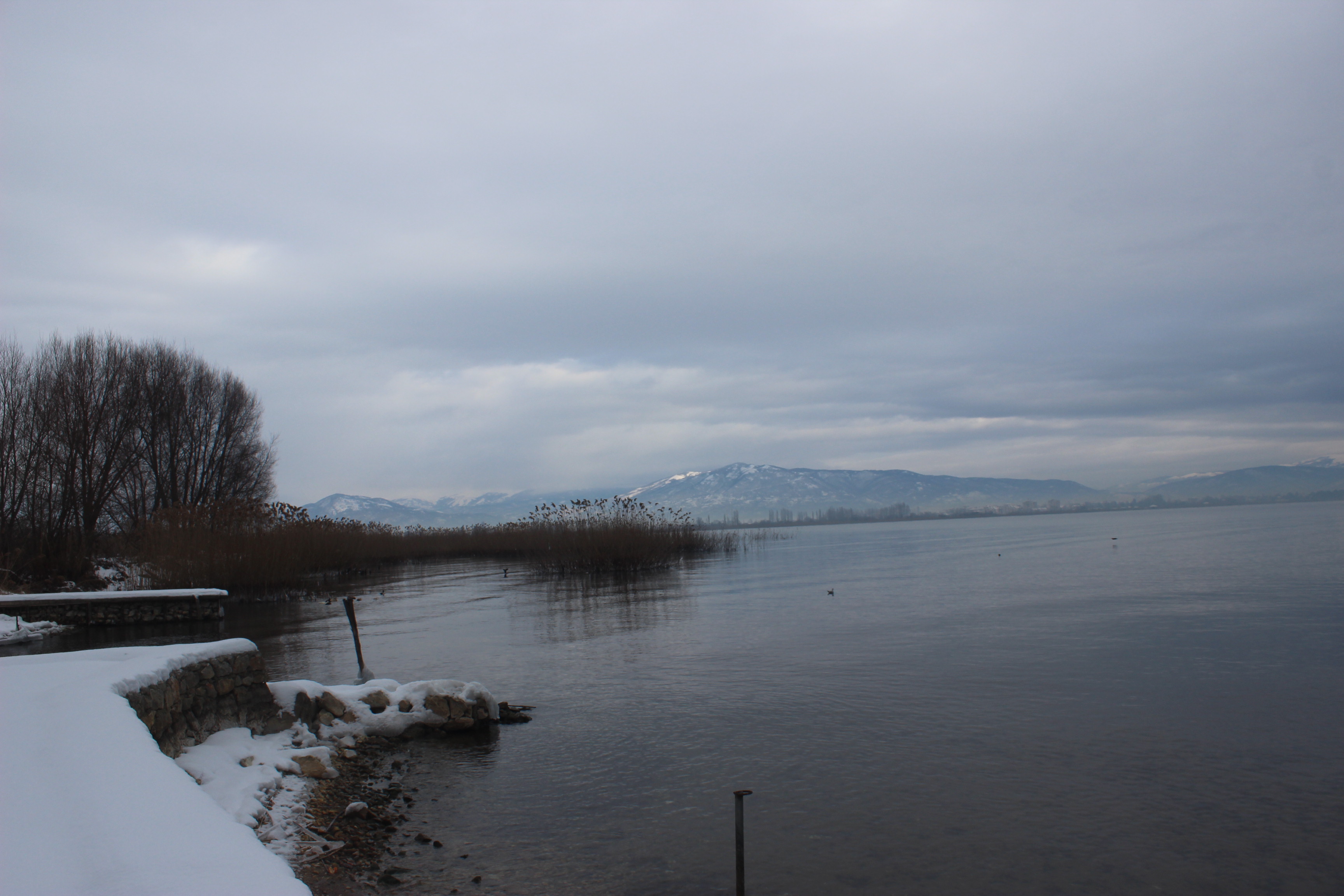
The next day I climbed the hill to Kale fortress in the snow, situated on the highest point above the Vardar river with imperious views of the city. There were security guards up at the entrance, but there’s no charge for visitors to walk along the rampart walls and enjoy the magnificent views of Skopje. When I was inside the fortress it was completely empty, what a magic experience strolling around at my leisure taking in the gorgeous views. The fortress is featured on the city flag, playing a vital role that defines it’s historical significance to the capital. I headed back to the hostel in the afternoon after another enjoyable day in the city, just happening to be in the hostel for the free dinner night. We enjoyed a traditional bean based meal with salad and bread, while chatting about our respective days in the city.
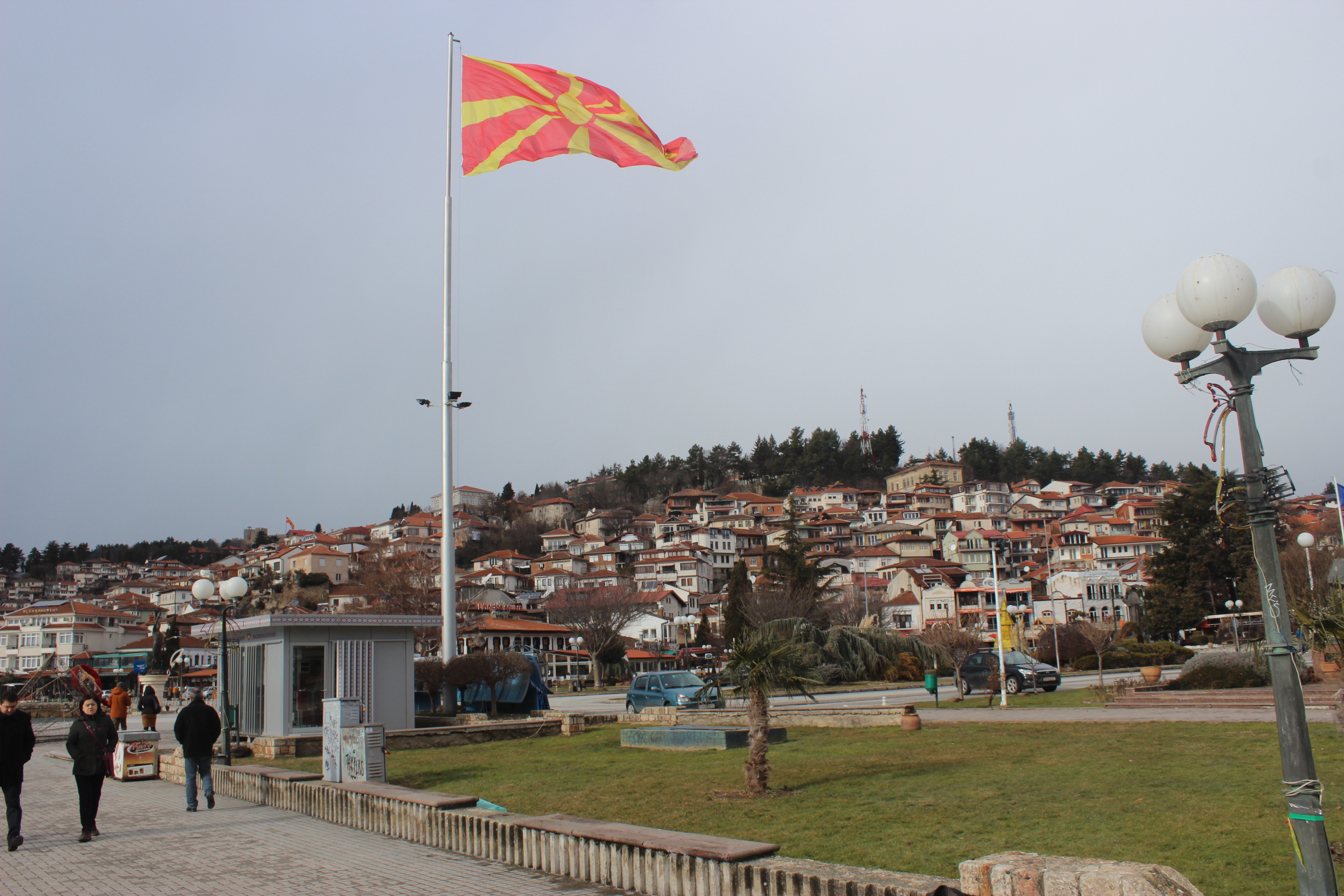
The Republic of Macedonia is an intriguing travel destination and well worth a visit. Surrounded by bigger and more powerful countries, even the right to use it’s name and fly it’s flag are disputed by the Greeks. It’s impossible to speculate on what the future holds for the people of this country in the heart of the Balkans. What cannot be in doubt is the people who are charming, friendly, and welcoming to visitors with the best of Balkan hospitality. Pay a visit to the Republic of Macedonia in the centre of the Balkans and I’m sure you will agree, basically all of you should be here now!
“The worst form of inequality is to try to make unequal things equal.” Aristotle
As I continue my travels, until next time it’s signing off for now
Tom
Note: Feel free to post comments on this site, or subscribe for notification of upcoming travel journals
- A return to beautiful Europe - November 19, 2024
- 70 Russian girls on an island yoga retreat … and me! - April 9, 2024
- Exploring with conviction - March 30, 2024

